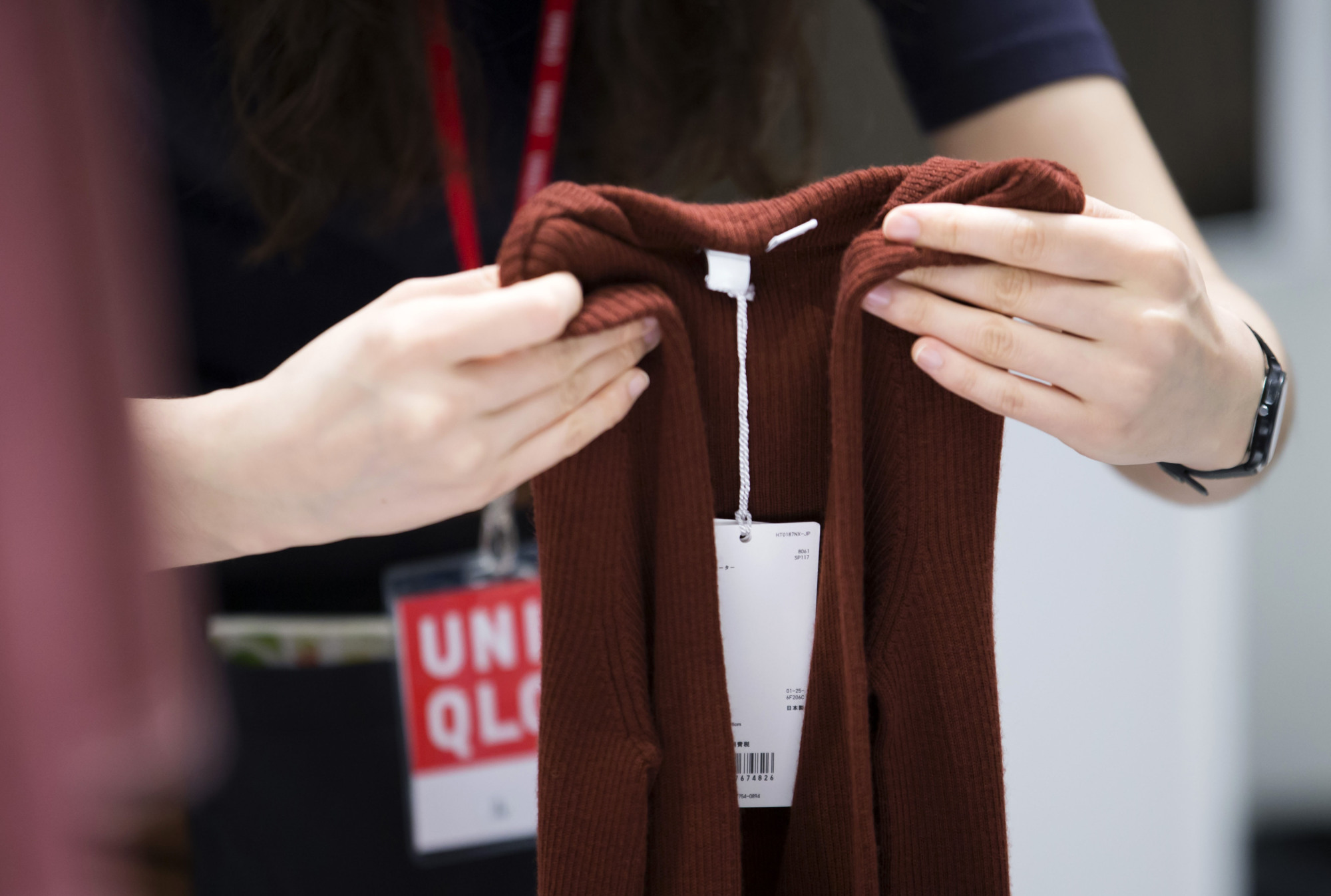In her Dec. 14 Tokyo Shimbun column, media critic Minako Saito mentioned how the press is excited about the buzzword of the year and the kanji of the year. They are much less interested in another annual prize, the Black Company Award for the firm that most egregiously exploits workers. The nominations were announced and Saito says the media, "especially TV," mostly ignored them, since many of the companies mentioned are advertisers. Consequently, those who have won the dubious honor in the past, like Tokyo Electric and 7-Eleven Japan, have never felt pressured to improve labor conditions.
One company that was not nominated this year is Fast Retailing Co., which operates the huge low-price apparel maker Uniqlo, even though it has had a reputation as a black company ever since it sued publisher Bungeishunju in 2011 over a book that claimed Uniqlo forced employees to work long hours for low pay. The book, "Light and Shadow of the Uniqlo Empire," written by Masuo Yokota, was an extension of articles he did for Shukan Bunshun, a magazine also published by Bungeishunju. The plaintiff insisted that Yokota's investigation of Uniqlo's labor practices was faulty and incomplete.
The suit was dismissed in October 2013 by the Tokyo District Court, and the following year the Supreme Court rejected a second appeal, agreeing with the lower court that "core parts of the book (were) true," according to a Jiji Press report. The suit was standard spin control for a powerful company such as Uniqlo.



